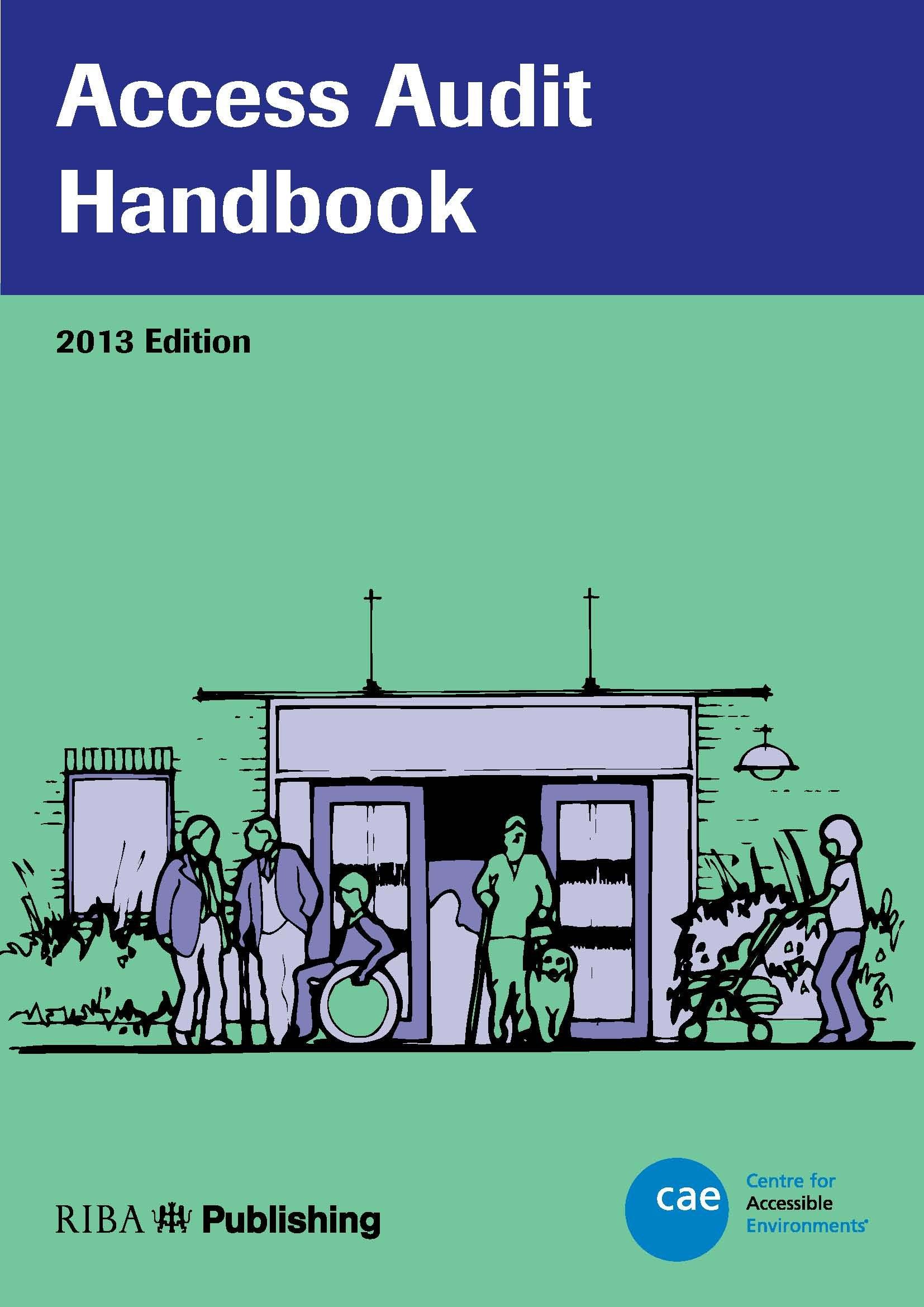Case: Electro-Phi Inc. (the 'Company') is a utility provider that sells electricity to the public. The Company prodaces electricity using various forms of power generation, including the burning of fossil foels sach as coal and tatural gas. A natural by-product of the buming of fossil focls is carbon dioxide ( CO2), a greenhouse gas. The Company's power generation facilities and related customer base arc. localed in the state of Nova Anglia, so it is subject to regulation by the state government. However, the Company is domicilod in the United States and reports financial results under U.S. GAAP. The Company is in compliaps with the rules and reguilations of the Federal Energy Regulatory Commission (FERC), which are set by the U.S. Departaneat of Energy. The Nova Anglia state government has recently implementod a new emission allowance (EA) trading progrm that requires companies within its jurisdiction to provide a Syffriest susber of allowances to offict emissions of CO2 and ober greenhouse gases within a given calendar year, referred to as a "vintage." These allowances are effectively permits that allow a company to continue to emit greenhouse gases in certain quantities, with a long-term strategy fo decrease the emissives over time through a gradual corresponding decrease in allowances issued for future vintages. Each allowance issued by Nova Anglia allows the holder to emit one metric toa of CO2 within a given calendar year. If a company expects that it will require additional allowances beyood those oniginally issaed, it may parchase additional allowances or trade them with other companies that participate in the Nova Anglia program. If a company ultimately emits more greenhouse gaser than it can offset with allowances ina giyed vintage, the government of Nova Anglia will impose fines. The govermment of Nova Anglia initially issued EAs for the 20X8, 20X9, and 20Y0 vintages to all conmanies within its regulatory jurisdiction in retum for their registering for the EA program. There were no taxes or fees leviod on the companies receiving these allowances. Nova Anglia uses a blockchain to allow for greater data intcgrity, traniparency, and effeiency in trading. The blockchain serves as the sole medrum through which EAs are issved, used, and exchanged between catities. Each individaal allowance is represented by a token on the blockehain, which is called a "Carbon perMrsiog" or CPM. Each CPM has a specific identification code so that holders of the CPM and govemmental authorities know its origin and vintage. The first CPMs were issued on July 1, 20X8, and pertained to the 20X8, 20X9, and 20Y0 viatages. At that time, there was not yet an active market for the purchase, sale, or trading of these allowances. The Company estimates that as of Jaly 1, 20X8, the fair value of a CPM was $750. This estimate is based on subjective evidence, such as observations of differeme EAs in oher singe the trading of CPMs did not begin until late August 20X8. The number of allowances issued was set as a beseline against each company's annual CO2 emissioes for the 12-month period ended December 31,207. Allowances for the 208 vintage were issued in a quantity that would offset the same level of emissions by the bolder from 207, while allowances for 209 and 20Y0 vintages were issued in amounts that successively dectease from the 20X7 emiscions baseline by 1 percent and 2 percent, respectively. A company 5 failure to produce a suftucient rupobet. of allowances of the 20X8 vintage for emissions during the 208 year will recult in the imposition of peaalties of $2,500 per metric ton of CO2 emitted in excess of the emission allowances beld. Historically, the Company emits approximately 4 million tons of CO2 annually. Thus, on July 1,208, the govemnent of Nova Anglia issued the Company 4 million 20X8 vintage CPMs, 3.96 million 20X9 viatage CPMs, and 3.92 million 20YO vintage CPMs. On September 1, 20X8, the Company anticipates it will emit 4.1 million metric tons of C02 during the 208 year. On the same day, CPMs pertaining to the 20X8 viatage are trading on the open market for $1,000 per CPM. Competitor EZCheen projects that it will have a surplus of CPMs because of the success of a new low-emission hydroelectric plant activated in 20XC. On September 1, 20X8. EZGioeca agrees to sell 100,000CPM to the Company for $100 million. This transsetion is recorded on the blockchain, and the Company now holds 4.1 million CPMs for the 20X8 year. Reference: Deloitte Development LLC. (2021). Case 21-5; Accownting for Enkirsion A Alowances Thaded on a Blockchain. QUESTION 1. On July 1, 20X8, how sbould the Company classify and account for its receipt of CPMs from the Nova Anglia government? 2. How should the Company account for its purchase of 100,000 CPMs from BZCiocs en September 1. 20X8







